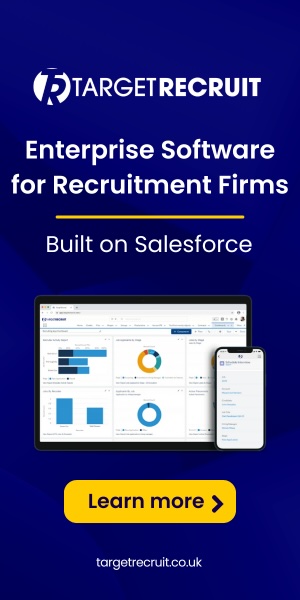UK careers site, Reed.co.uk’s research has also found that 66% of disabled people research gender pay gaps, whereas only 21% non-disabled people did the research. This is an indicator of how important pay parity is for minority groups. The study also revealed that one-in-ten surveyed respondents don’t think that any pay gaps exist in the UK.
Simon Wingate, Managing Director of Reed.co.uk, commented: “It is disappointing to see that the disability pay gap has widened since 2014. This widening discrepancy between disabled and non-disabled workers is especially concerning given that the rising cost-of-living crisis is putting pressure on people across all of society.”
“It’s also concerning for employers facing challenges of their own in terms of recruitment amid widespread labour shortages. Tackling the disability pay gap will be crucial to widening the talent pool, as our own research highlights how important pay parity is to minority groups. Two-thirds (66%) of disabled people state they research a company’s gender pay gap before applying for a job, compared to 21% of people without a disability. This sentiment, in conjunction with the newly released ONS report, demonstrates the attention and work that still needs to be implemented to ensure employers close their disability pay gap.”
“As a Disability Confident employer, Reed.co.uk recognises how important it is to support employees who disclose that they have a disability and will always seek to make reasonable adjustments for prospective candidates. Every individual’s needs will inevitably vary, and it’s important that employers understand this and make appropriate adjustments to support suitable candidates who have applied for a job with them. A fundamental way to attract prospective disabled workers is by being clear in job adverts that the organisation is an inclusive employer who values diversity and is willing to make reasonable adjustments to support candidates through the recruitment process and beyond. It is also helpful to be fully transparent about pay, flexibility, and benefits on job adverts as this will help employers attract a more diverse range of applicants to their role, and ultimately their business.”
As previously reported in TALiNT International, flexible working could create jobs for more than a million disabled candidates. Employers should be creating equal opportunities for every candidate in the workplace and not only promote equal pay, but also offer flexibility as a matter of course.












